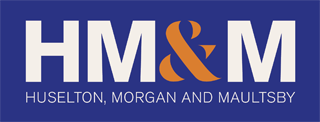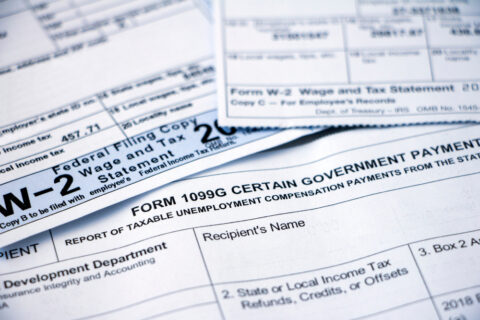The Internal Revenue Service completed yesterday the release of its annual “Dirty Dozen Tax Scams.” Some are perennial chart toppers. I list the Dirty Dozen in order of the IRS ranking.
- #1– Identity theft. I agree. Check out the “ Security. Together.” on the irs.gov website for tips on protecting your information.
- #2– Phone scams. I have personally received several of these calls and so have many of my clients. Ignore these calls. The IRS does not call and threaten people. Also, when the caller refers in the litany of threats to set loose upon you “Her Majesty’s Magistrates,” take that as a strong hint that it’s a scam.
- #3– Phishing.These are unsolicited emails seeking financial or personal information. The crooks can claim to be the IRS, a bank, a charity, your kids, or anybody else. They just want to get the camel’s nose under the tent. Don’t respond. Delete!
- #4– Return preparer fraud. The IRS provides some good guidelines on what to look for. CPAs, attorneys, enrolled agents and – especially – HM&M are good bets.
- #5– Hiding money or income offshore. The IRS is pretty good at finding offshore funds one thinks are hidden. The Foreign Account Tax Compliance Act, which went into full effect in 2015, made the IRS even better at tracking down offshore money and other assets.
- #6– Inflated refund claims. This item frequently involves taxpayers claiming tax credits to which they are not entitled. See, also, items 8, 9, and 10 below.
- #7– Fake charities. This item is more about scamming you than scamming the government. Particularly when large-scale natural disasters strike, there sprout like weeds fake charities with names quite similar to legitimate charities and fake websites that claim to be that of real charities.
- #8– Falsely padding deductions. This is a new one to the Dirty Dozen list. It is not a new trick, of course. The IRS must have done some analysis of its audit results to elevate it to the list.
- #9– Excessive claims for business credits. This is like item 6 above. An overstated research tax credit is a frequent scamming tool.
- #10– Falsifying income to claim tax credits. This a bit counter-intuitive. It involves overstating earned income in order to qualify for the refundable Earned Income Tax Credit.
- #11– Abusive tax shelters. This is always on the list. I think it is the first time that the IRS has mentioned captive insurance companies. Captive insurance companies can be a great and legitimate tax reduction tool, but remember: “Pigs get fat and hogs get slaughtered.”
- #12– Frivolous tax arguments. Another perennial. The IRS provides on its website a list of 44 such arguments. It’s hard for me to argue with the IRS about these not-so-brainy arguments. They range from “only foreign-source income is taxable” to “the Internal Revenue Service is not an agency of the United States.” Huh?
VKM
Latest News
On June 9, the IRS released Announcement 2022-13, which modifies Notice 2022-3, by revising the optional standard mileage ...
At the tail end of 2021, the Internal Revenue Service (IRS) released new Schedules K-2 and K-3 effective ...
This information is current as of Sunday, November 21, 2021. On Friday, November 19, 2021, after the Congressional ...
HM&M Updates
Last month, Senior Manager, Pearl Balsara was invited to speak at the 2023 FPA DFW Annual Conference in ...
We are pleased to announce the winners of the 2022 HM&M Excellence Awards. Ronna Beemer, Keith Phillips, and ...
Huselton, Morgan and Maultsby is composed of a spectacular team of individuals. During our annual What’s Happening Meeting, ...









